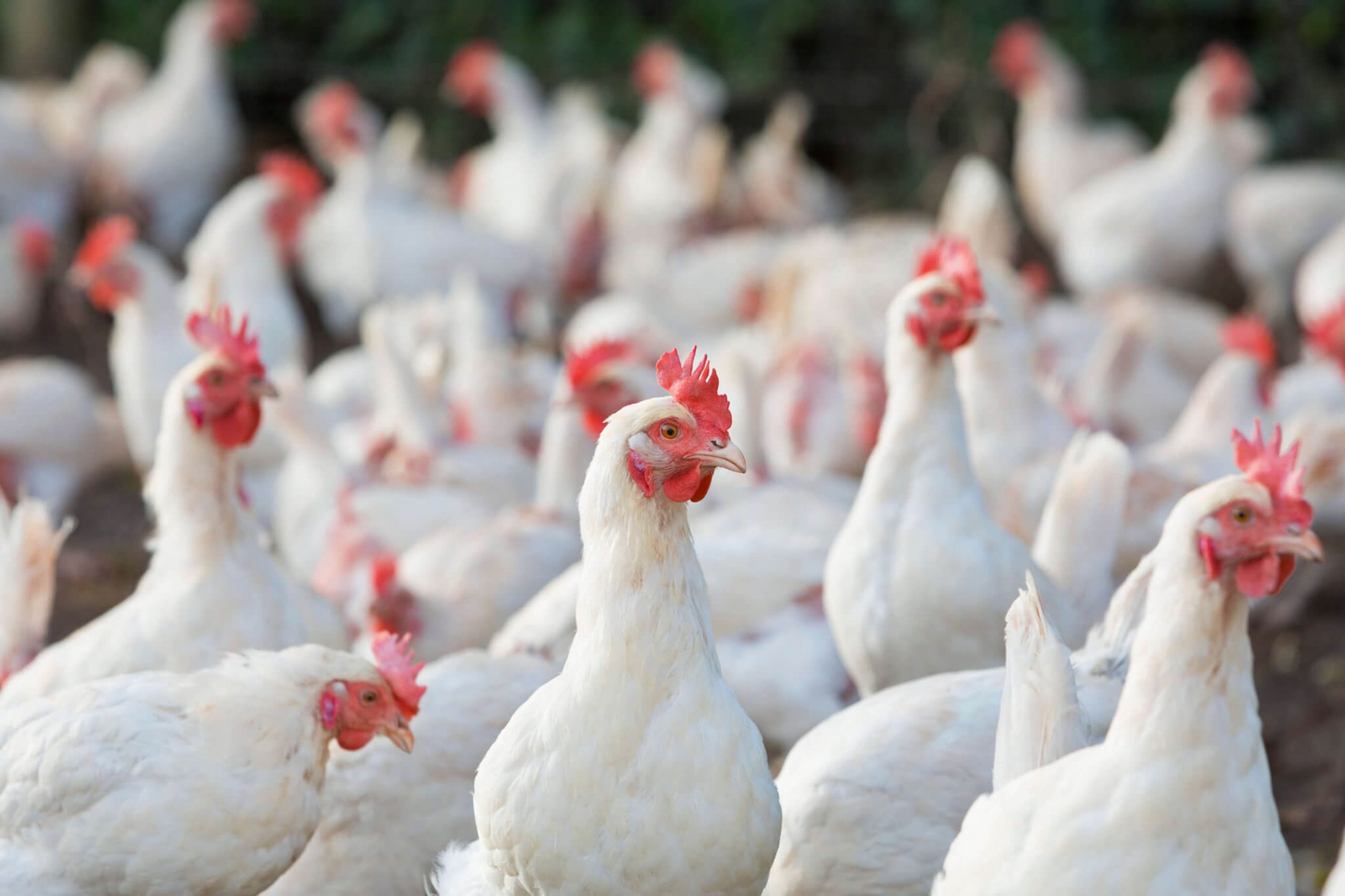
The Department of Agriculture through the Bureau of Animal Industry (DA-BAI) confirms the detection of a highly- pathogenic avian influenza (HPAI) strain, specifically A(H5N6), in a poultry layer or egg-producing farm in San Luis, Pampanga.
Using the “one health approach,” the DA-BAI — in tandem with the DA Central Luzon regional field office (DA-RFO 3), provincial veterinary office (PVO) of Pampanga, and the Local Government Unit (LGU) of San Luis — quickly implemented integrated disease control measures to arrest the spread of A(H5N6).
Upon confirming the report, a composite team of veterinarians and animal health officers (from DA-BAI, DA-RFO3, PVO Pampanga, and San Luis MLGU) immediately applied emergency control measures at “ground zero” and conducted disease surveillance around the infected farm in San Luis.
“The team humanely culled a total of 38,701 head of layers and disposed off them properly, employing the protocols under the Avian Influenza Protection Program of the Philippine Government,” said DA-BAI Director Ronnie Domingo, in his report to Agriculture Secretary William Dar.
“Once again, we commend the men and women of the DA-BAI and DA-RFO3 for their continued strong partnership with the local government officials and veterinarians in Pampanga for successfully managing, controlling and containing the bird flu incidence in San Luis,” said Secretary Dar.
All personnel involved in the disease control measures were strictly monitored by the health office of MLGU San Luis, said Domingo, adding that the DA-BAI assures the public that the A(H5N6) has not been reported and detected among broilers, the primary source of poultry meat.
Domingo said early reporting, detection and strong multi-agency collaboration paved the way for the rapid and effective response in the management of the A(H5N6) incidence.
Initial field investigation showed the presence in San Luis of migratory birds, which has been associated with bird flu outbreaks in many countries, including the Philippines.
Domingo said the Department of Environment and Natural Resources (DENR) has identified 117 important bird areas (IBA) in the country, and about 150,000 migratory birds’ nest and breed annually in Central Luzon.
The DA-BAI, therefore, urges poultry raisers in Central Luzon and in traditional IBAs to protect and shield their farms from the entry of migratory birds, and more importantly immediately report any unusual poultry mortalities.
For reports or inquiries on AI disease incidence, kindly call or text Dir. Ronnie Domingo, at: 09951329339, 09208543119 or 09618889029. ### (DA BAI and DA StratComms)













